2 min read
How Many Self-Government Agreements Are There?
We recently revealed the cover of Indigenous Corporate Training, Inc.’s Co-founder and President Bob Joseph’s new book, 21 Things™ You Need to Know...
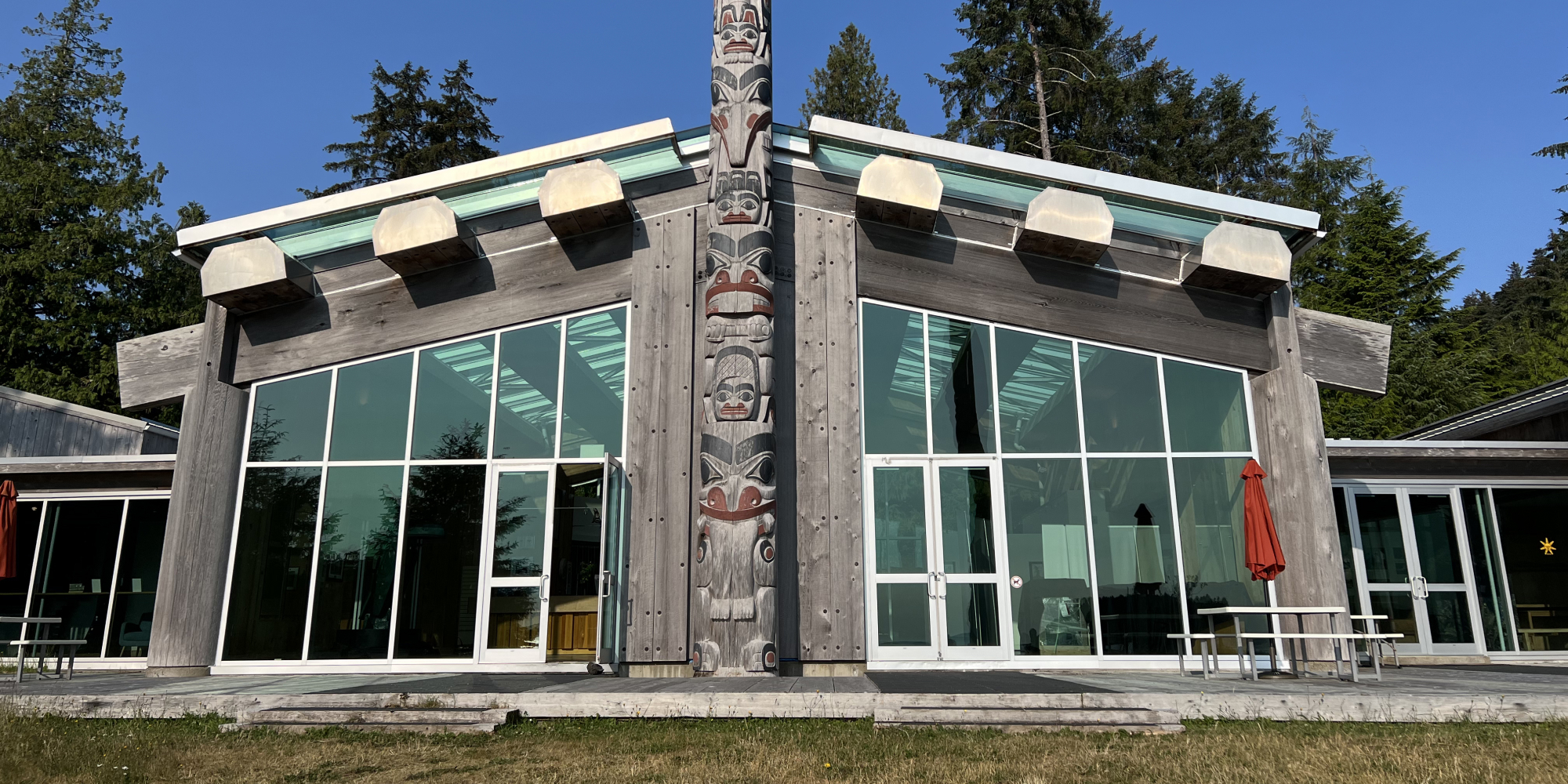
2 min read
We recently revealed the cover of Indigenous Corporate Training, Inc.’s Co-founder and President Bob Joseph’s new book, 21 Things™ You Need to Know...

3 min read
Long before the arrival of Europeans, confederation, and the imposition of the Indian Act, Indigenous communities were self-determining. They decided...
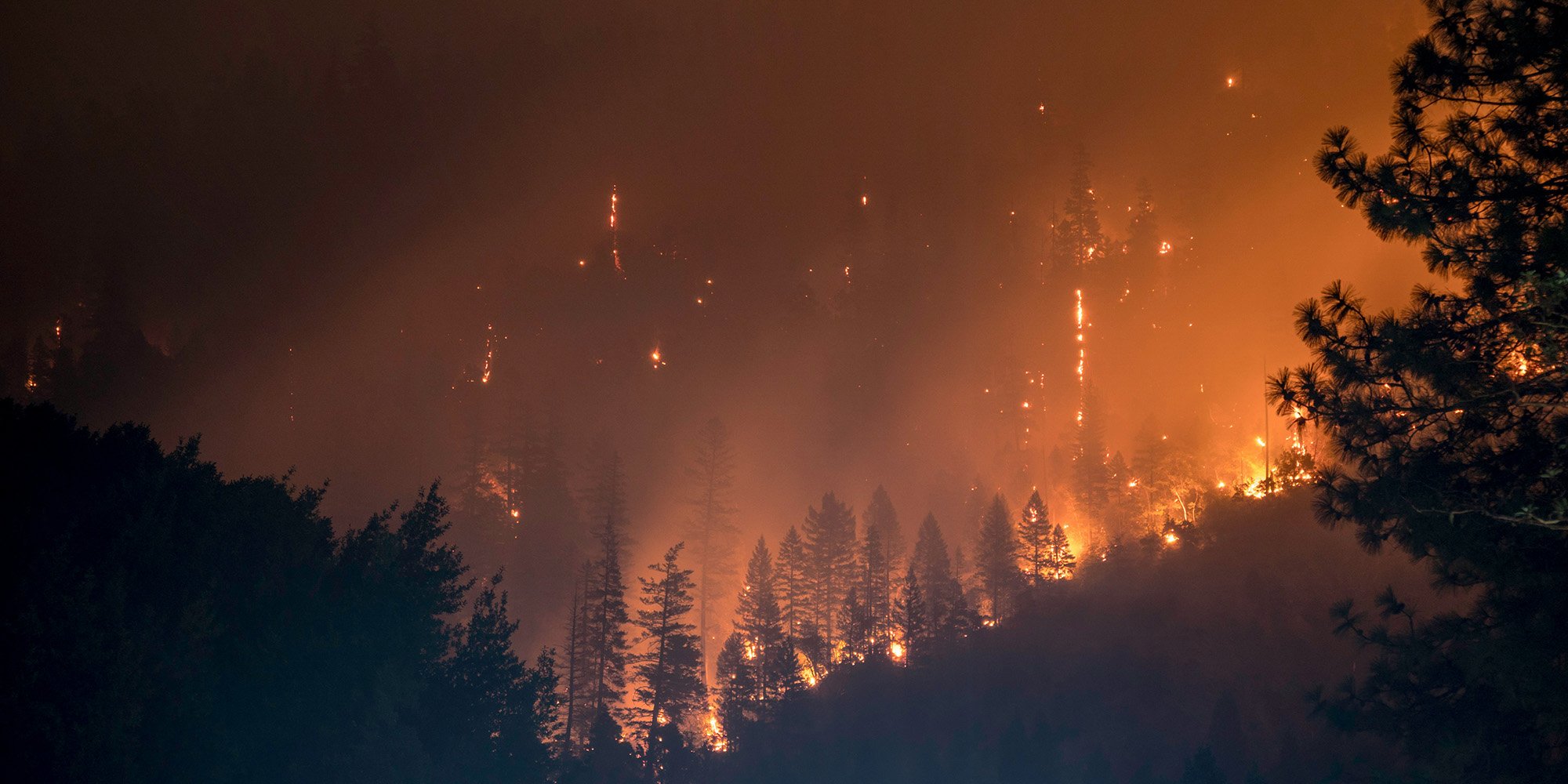
5 min read
The impact of climate change has been felt across Canada as unprecedented heat domes, atmospheric rivers, and forest fires ravage the landscape. It’s...

3 min read
Indigenous Canadians earn about 70 cents for every dollar made by non-Indigenous Canadians, according to Canada's income data. This is a very...
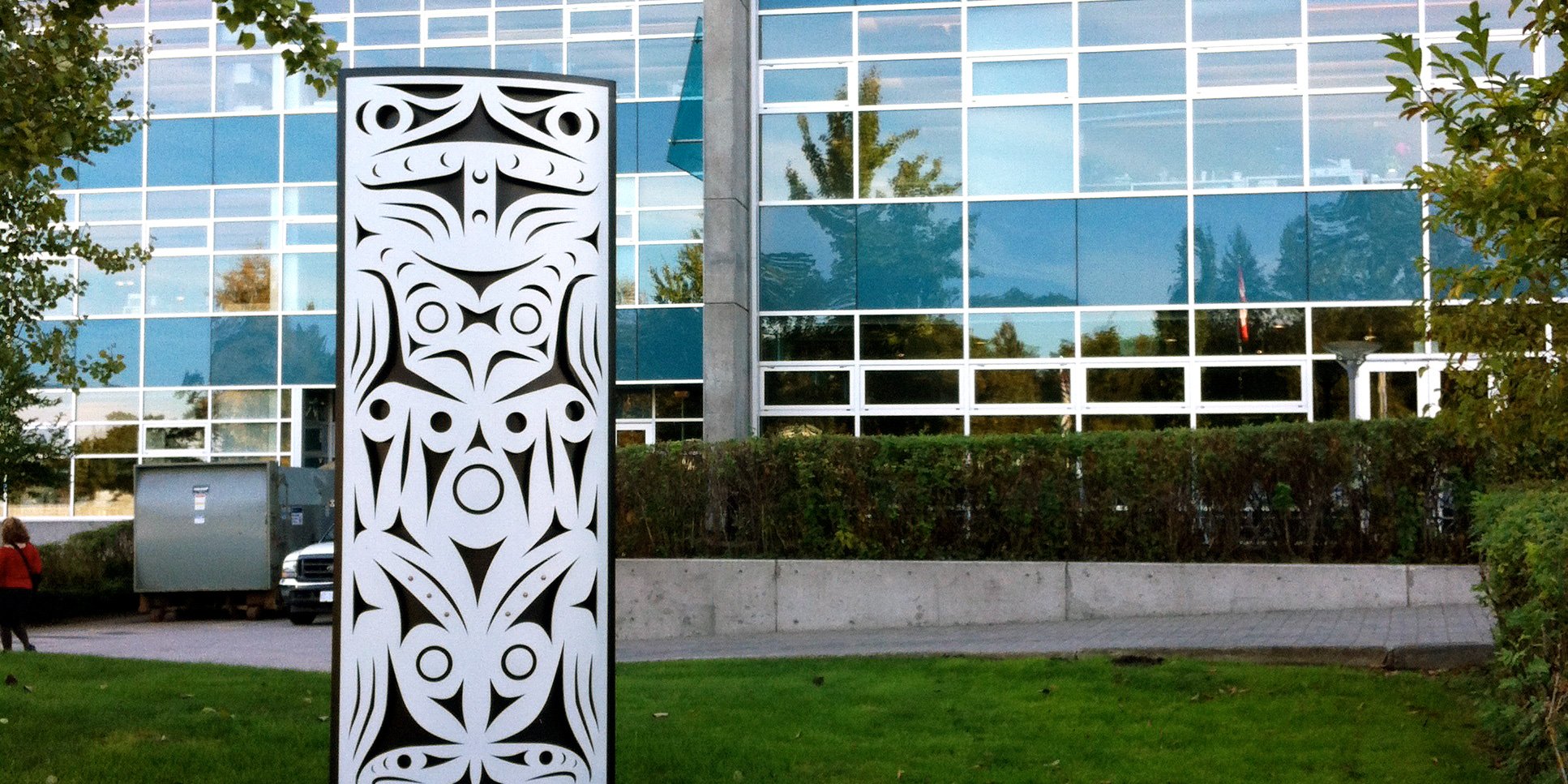
2 min read
This is the second part of our series on best outreach practices for the recruitment of Indigenous Peoples. In the first part, Community Engagement...
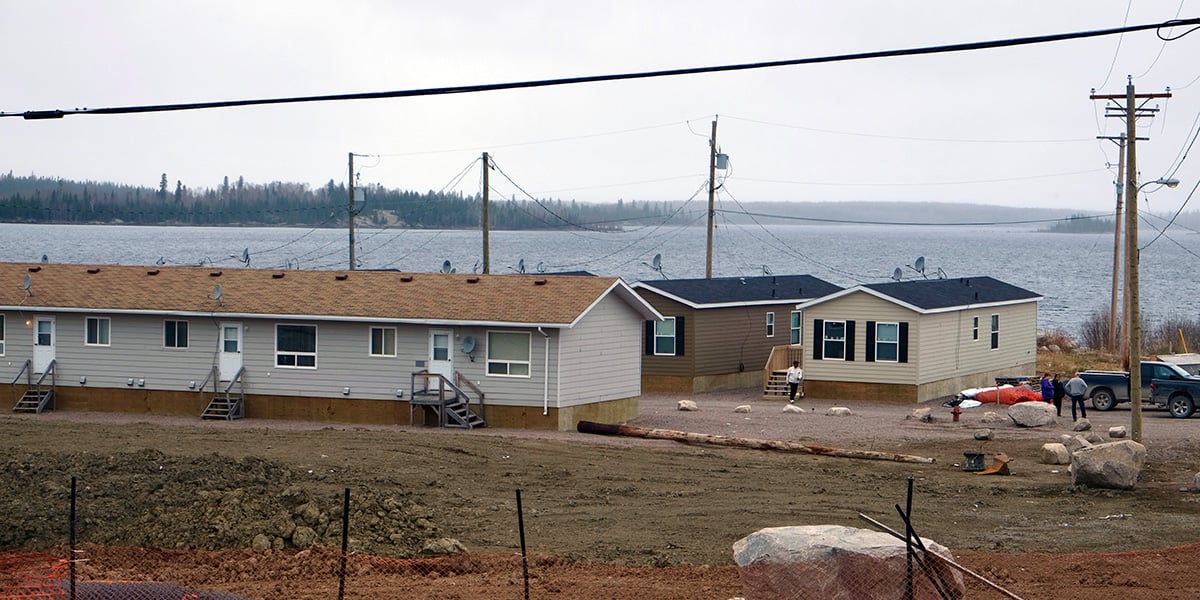
3 min read
A First Nation reserve is a tract of land set aside under the Indian Act and treaty agreements for the exclusive use of an Indian band (First...

5 min read
Destabilizing Indigenous health The enjoyment of the highest attainable standard of health is one of the fundamental rights of every human being...
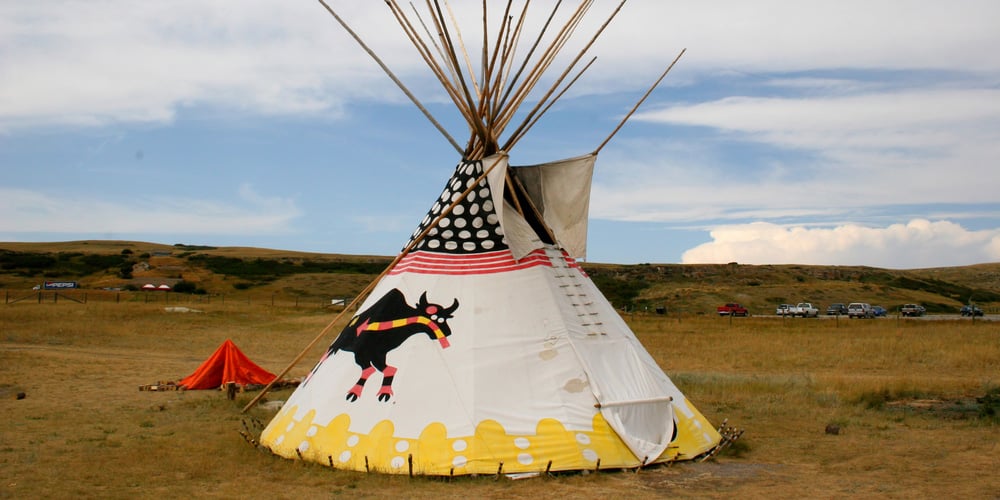
2 min read
Here are seven First Nation facts plus one fun fact to add to your storehouse of knowledge. 1) Number of Nations There are over 634 recognized First...

2 min read
Edwin Cook was born in Alert Bay, the home of the Namgis First Nations in 1897. He was the fifth of 16 children born to Jane and Stephen Cook. Jane...

3 min read
When communicating cross-culturally there are certain sensitivities around the language used in the letter and expectations placed on the recipient...